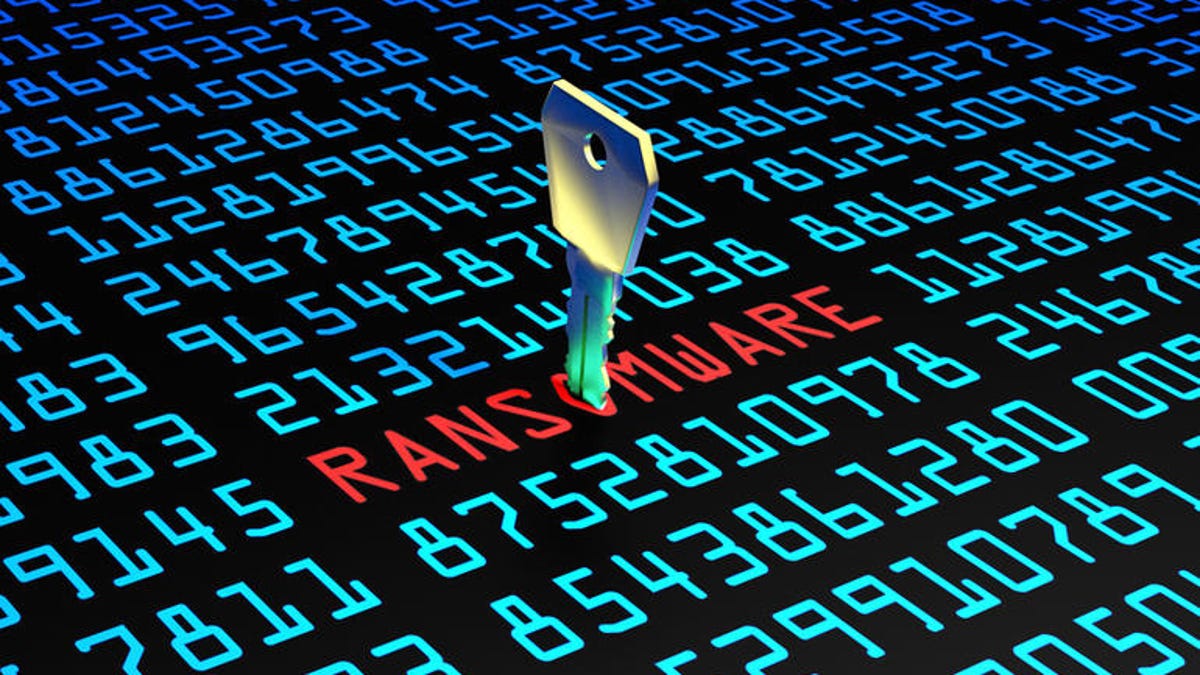Table of Contents
Ransomware cases climbed 54% last year to 137, with small and midsize businesses the most common victims, and cybercriminals are targeting critical Internet of Things devices in such attacks that can lead to serious consequences, warns Singapore's Cyber Security Agency.
Some 55,000 local-hosted phishing URLs were identified last year, up 17% from 2020, with social media companies accounting for more than half of spoofed targets.
Social networking sites were the most commonly spoofed sector, followed by financial services and the online and cloud services sector.
The number of ransomware cases reported to CSA totalled 137 last year, up 54% from 2020, with SMBs from sectors such as manufacturing and IT mostly falling victims to such attacks.
"Should organisations in critical, time-sensitive industries such as healthcare, be infected with ransomware, there could be serious, life-threatening consequences."
The Singapore government agency further cautioned that crypto-based scams were increasing, fuelled largely by the use of decentralised finance (DeFi) and peer-to-peer financial platforms, which bypassed the need for intermediaries.
It also noted that decreased global reliance on Western technology--due to increasing geopolitical tensions--would result in differing cyber norms, ecosystems, and standards in the near future.
In addition, organisations could suffer "collateral damage" from geopolitical conflicts, as cybercriminal and hacktivist groups take sides and engage in more malicious cyber activities for politically-motivated purposes. This increased the risk of reprisals and, in a hyper-connected global cyberspace, could impact organisations not linked to nations involved in the geopolitical conflicts, CSA said.


#Landscape









